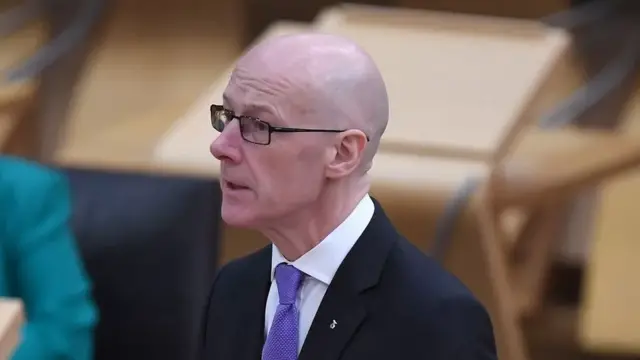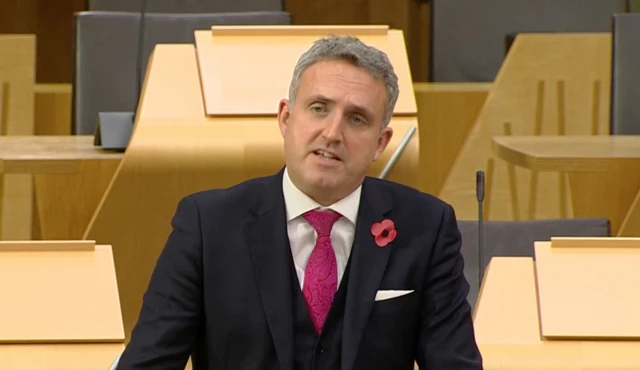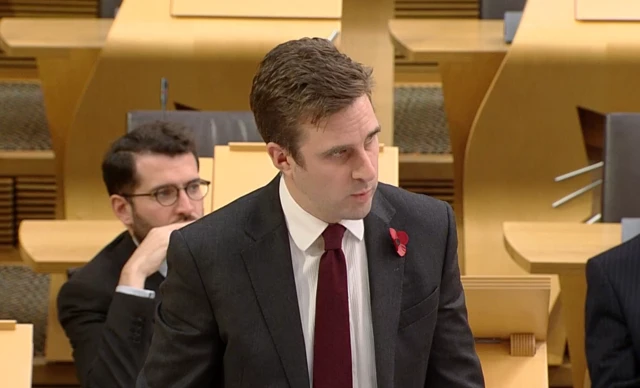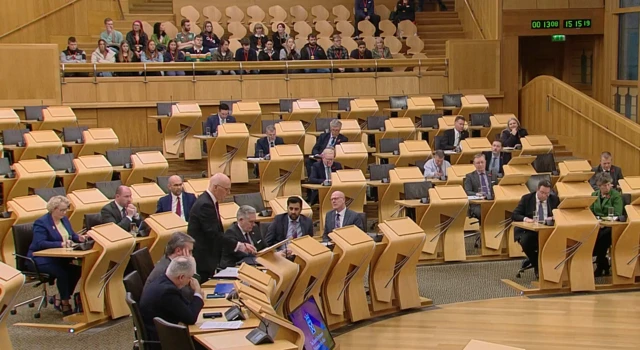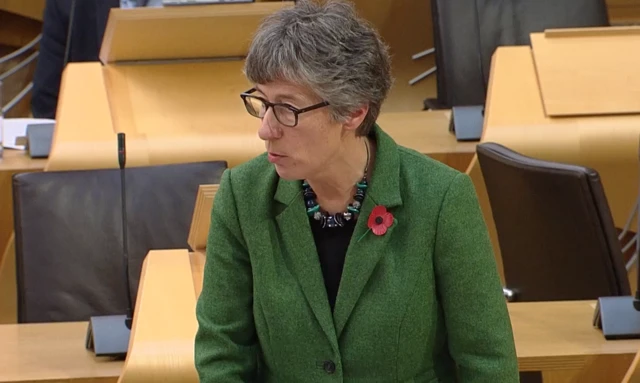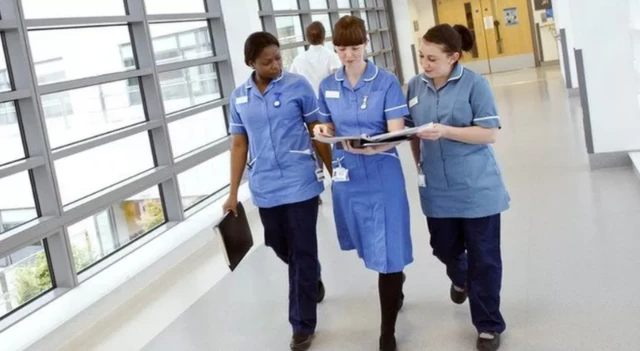And finally...watch again as Swinney delivers reviewpublished at 17:02 GMT 2 November 2022
Allow X content?
This article contains content provided by X. We ask for your permission before anything is loaded, as they may be using cookies and other technologies. You may want to read X’s cookie policy, external and privacy policy, external before accepting. To view this content choose ‘accept and continue’.
As our live coverage of the Emergency Budget Review comes to a close, it's worth reminding you that John Swinney will be interviewed on BBC Radio Scotland's Drivetime programme by John Beattie at around 5.15pm.
You can listen here on the live page or here with Radio Scotland live.



